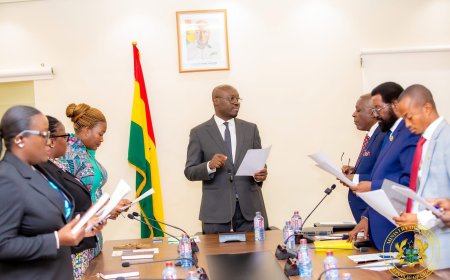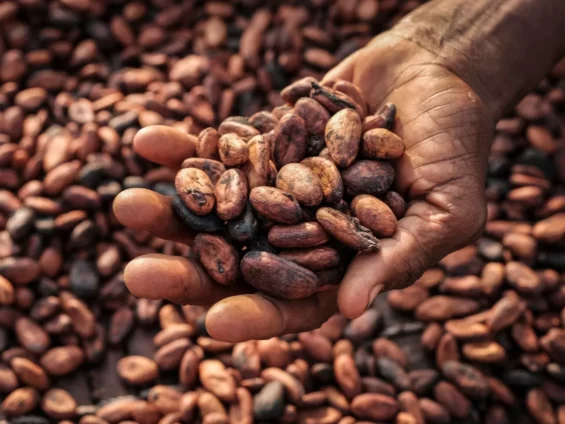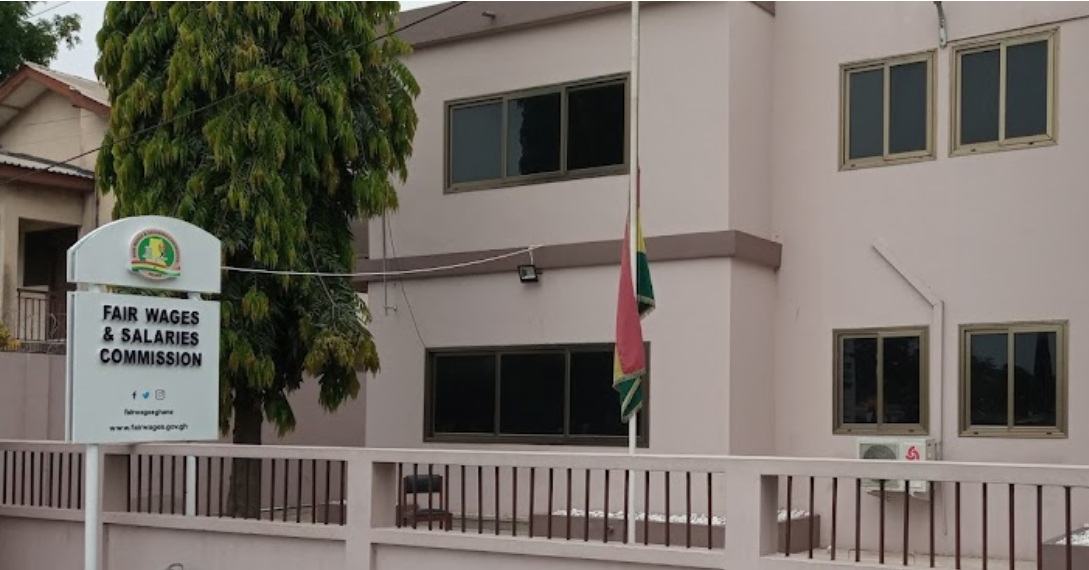IEA sounds alarm on Ghana's lingering inflation issues, blames monetary policy failure

Accra, Ghana - Nov 7, 2024 - The Institute for Economic Affairs (IEA) has sounded the alarm on Ghana's lingering inflation issues, attributing the problem to the failure of monetary policy in addressing underlying supply and cost factors.
In a statement, the IEA specifically points to food prices, fuel prices, and depreciation as key contributors to the country's inflation woes.
Inflation Stuck in the Lower Twenties
Ghana's inflation rate has remained stubbornly high since December 2023, hovering in the lower twenties after a significant drop from 54% in December 2022. This persistence has led the IEA to predict that inflation will remain elevated for the rest of the year.
Ghanaians Feel the Pinch
The economic think tank also highlighted the substantial burden inflation places on Ghanaian households. A staggering 43% of monthly budgets go towards food alone, leaving only 57% for other essential expenses.
IEA Aligns with Bank of Ghana's Forecast
The IEA concurs with the Bank of Ghana's revised inflation forecast of 17-19% for 2024, noting that this revised estimate is "more realistic, although disappointing". To combat inflation, the IEA stresses the need for a joint effort between the Bank of Ghana and the government to tackle underlying supply and cost drivers.
A Call to Action
The IEA urges policymakers to leverage natural resources to drive economic growth and stability.
“We expect inflation to remain at least in the higher teens throughout the rest of the year”.
It agreed with the Bank of Ghana’s inflation forecast of 17-19% for 2024.
“We note that the BoG [Bank of Ghana] has revised upwards its end-year inflation forecast from the previous 13- 15% (mid-point 14%) to 17-19% (mid-point 18%). This looks more realistic, although disappointing”.
“We have long maintained that it will require the joint effort of the Bank of Ghana and government to address the underlying supply and cost drivers mentioned above to break Ghana’s inflation persistence”, it added.
Source: Lead News Online

























































